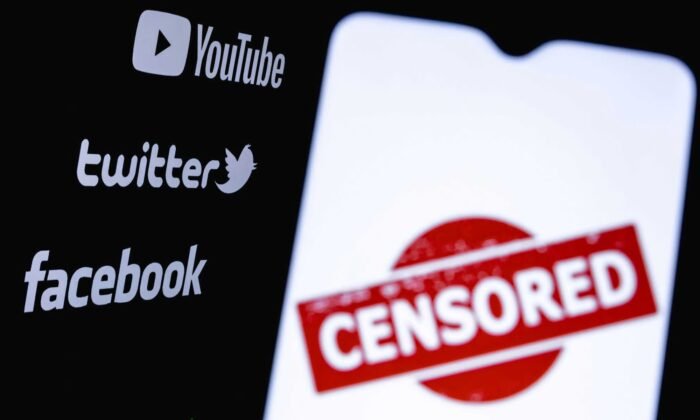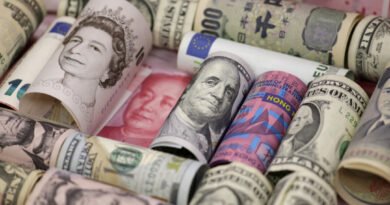Can Australia’s Internet Regulator Control Americans’ Online Content?
Australia’s eSafety Commission is currently engaged in a legal battle with X owner Elon Musk, revealing the extent of authority held by this online content regulator.
Analysis
Legal actions taken include an interim injunction and another injunction to prevent a social media platform from showing videos of a Sydney terror attack globally. The Federal Court’s acceptance of the commissioner’s jurisdiction, at least temporarily, marks a significant victory.
The upcoming case is expected to set new precedents in Australian law concerning the limits of the eSafety commissioner’s powers. Mr. Musk is reportedly seeking legal representation from top Sydney barrister Bret Walker SC for X Corp.
Mr. Musk and X Corp. do not contest the commissioner’s authority over content shown to Australians but argue that she lacks the power to dictate what content is shown to viewers in other countries.
How Much Power Does the eSafety Office Have?
The eSafety commissioner derives her authority from the federal Online Safety Act 2021. The broad clause granting these powers allows the commissioner to carry out functions related to online safety but primarily entails advising, promoting, consulting, and encouraging.
The Act establishes an “Online Content Scheme” and defines objectionable material, empowering the commissioner to issue blocking requests and removal notices. Failing to comply with these notices can result in fines and penalties as per the Act.
If the Federal Court confirms the commissioner’s power to restrict social media content internationally, using a virtual private network can bypass such restrictions. The legislation mostly affects large social media platforms and internet service providers.



